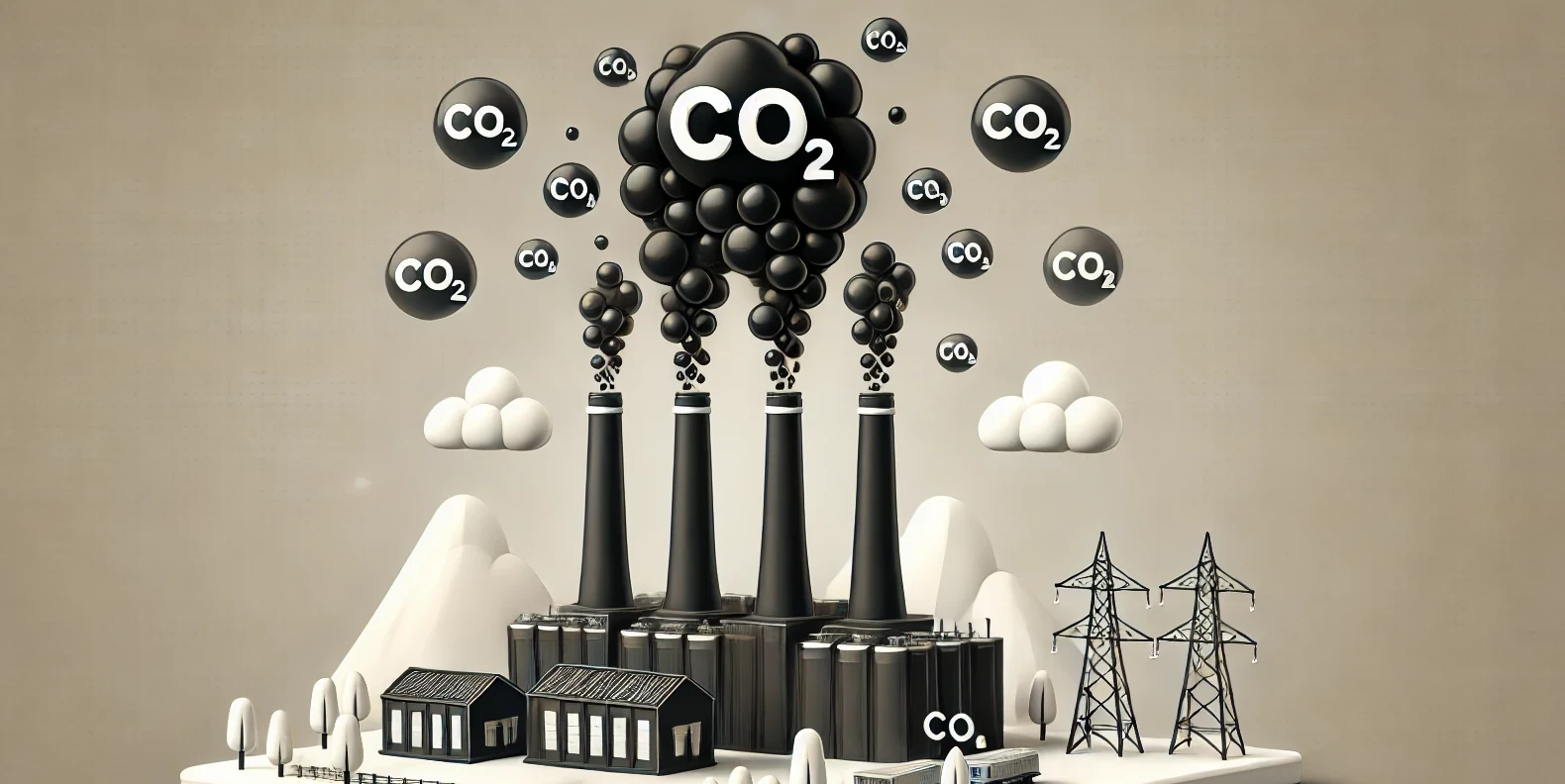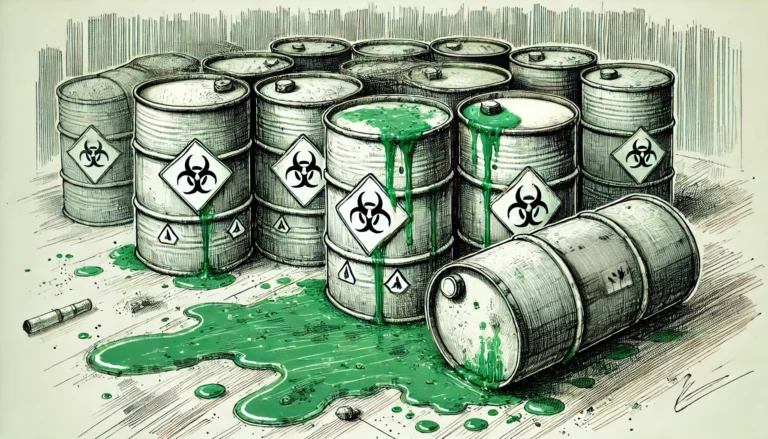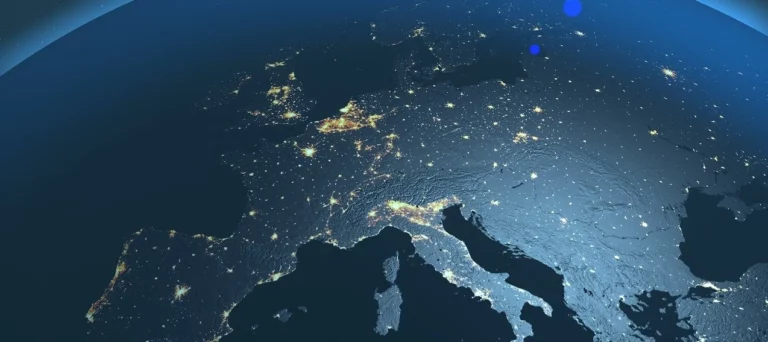Waste transport to Germany and the new CO2 regulations

Germany's ambitious plan is to reduce greenhouse gas emissions by 55% by 2030. The reference point here is 1990, referred to as the base year. At that time, around 1.2 million tonnes of CO2 equivalent released into the atmosphere were recorded. The revised Brennstoffemissionshandelsgesetz is intended to help reduce emissions to around 563 million tonnes. Its provisions came into effect with the start of 2024. How will they affect the national economy and the transport of waste to Germany?
In June of last year, the Law was amended Brennstoffemissionshandelsgesetz (BEHG). In its original form (created in December 2019, entered into force in January 2021), it concerned CO2 emissions from fossil fuels. Its content was supplemented in June 2023 (entered into force in January 2024) with provisions, dedicated to waste incineration and the resulting tax.
The new tax is €40 per tonne of CO2 emissions in 2024, rising to €50 per tonne in 2025. It is noteworthy that it is charged according to the biogenic and calorific content of waste to encourage better sorting and recycling. The introduction of this tax is part of Germany's broader strategy to achieve climate neutrality by 2045.
Contact for a permit to transport waste to Germany:
e.nadolna@ekologistyka24.pl , +48 881 045 376
j.blazewicz@ekologistyka24.pl , +48 500 867 153
Hopes and expected changes
The new law aims to significantly reduce greenhouse gas emissions. The German government hopes above all that, with these regulations, companies will start to manage waste more efficiently and improve recycling rates. The introduction of the tax is expected to promote sustainable practices in the waste industry and reduce the amount of waste incinerated in incinerators.
In 2022, Germany recycled around 70 million tonnes of waste, of which 25% went to the incinerator. The law aims to reduce this number through a greater emphasis on recycling and environmentally friendly waste treatment methods.
Impact of the law on waste shipments to Germany
The introduction of the CO2 tax will undoubtedly have a significant impact on waste shipments in Germany. Higher waste treatment costs may lead to increased waste exports to countries where incineration costs are lower. Transport companies will therefore have to factor these additional costs into their services. This may lead to higher prices for waste transport.
Haulage companies will have to optimise routes and logistics operations to minimise the costs associated with the new tax. Classifying and segregating waste will become even more important to avoid additional charges for materials with high fossil content. Introducing new technologies to manage data and ensure compliance will therefore be key for the transport industry.
No change in the West
Despite changes in CO2 tax regulations, waste transport across the Oder is still subject to strict regulations. Any company that wants to carry out waste transport to Germany, must have a special permit. Ecologistics24 is definitely the right business partner, having been successfully operating in the market for more than 10 years. It guarantees comprehensive assistance in preparation of the necessary documents.
The introduction of the new CO2 tax legislation undoubtedly poses new challenges for the transport industry, but at the same time it also opens up opportunities for more sustainable and efficient waste management methods.






